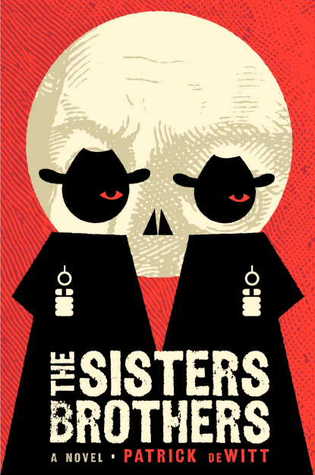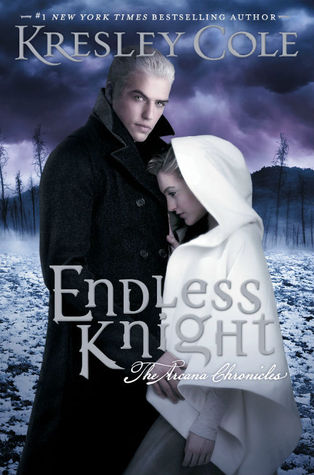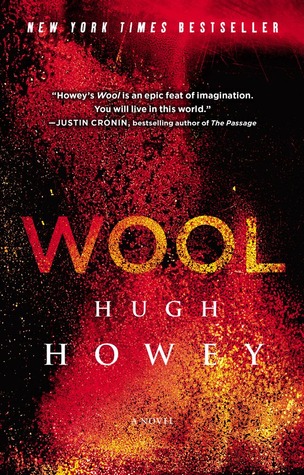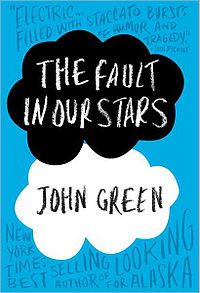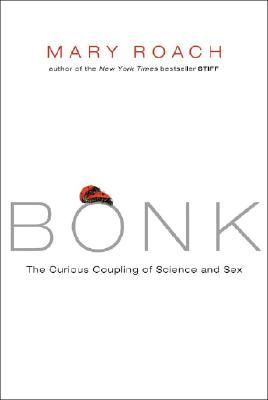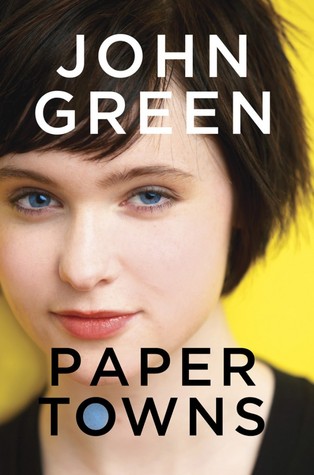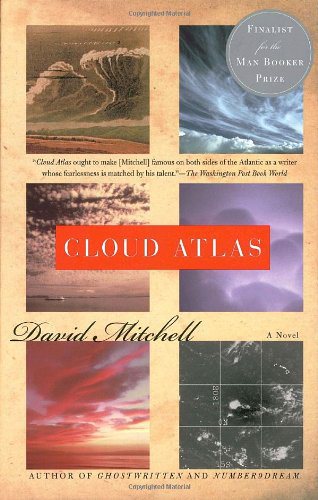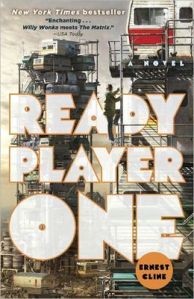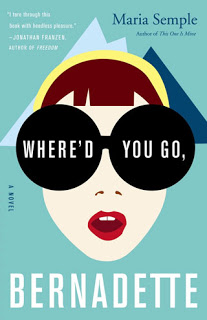Goodreads: “For generations, the solar system – Mars, the Moon,
the Asteroid Belt – was humanity’s great frontier. Until now. The alien
artefact working through its program under the clouds of
Venus has emerged to build a massive structure outside the orbit of Uranus: a gate that leads into a starless dark.
Jim Holden and the crew of the Rocinante are part of a vast flotilla of scientific and military ships going out to examine the artefact. But behind the scenes, a complex plot is unfolding, with the destruction of Holden at its core. As the emissaries of the human race try to find whether the gate is an opportunity or a threat, the greatest danger is the one they brought with them.”
I’ve really enjoyed the three books so far in the Expanse series: Leviathan Wakes, Caliban’s War, and Abaddon’s Gate. Where the first set the pace, tone, and foundation for the series in a way that was already epic in scale, the latter two have somehow continued to build on that promise by introducing more narrative lead characters and new high-stakes conflict without letting the story run away from itself. Despite the expansion of character profiles and deeper exploration of those characters’ motivations, the core group we were introduced to in the first book — James Holden and his crew — remain central to the story, thereby anchoring us to a heart of the tale that we’ve grown familiar with and attached to.
Abaddon’s Gate contains a classic redemption tale, a frame-job, and the possibility of massive war among two superpowers, a lesser alliance, and an unknown alien foe that is likely to crush everyone and annihilate humanity in the blink of an eye. Our hero, James Holden, also talks to ghosts and even goes on a one-man mission as an emissary to the alien would-be demolitionists because that’s what the ghost tells him to do. The book rarely takes a moment to breathe, but the slower chapters reinforce the emotional stakes and passion — sometimes quiet, sometimes imbued with burning rage — that drive the characters.
Also remarkable in the series is the way that each book feels, in a way, like a standalone: there are no cliffhangers and the individual stories therein are resolved; however, the resolution sets up a backdrop for what may become the main source of tension in the next book, or the one after. Leviathan Wakes saw the emergence of a dangerous, little-understood alien protomolecule that, by the end, was seemingly dispatched into the inhospitable environment of Venus, therefore saving Earth from destruction. Caliban’s War showed the protomolecule quietly taking over Venus and exhibiting feats of impossible physics, worrying everyone to death over what its next move would be. Abaddon’s Gate reveals what the next move was, and though, again, the immediate conflict was solved, the possibility for major catastrophe still lurks in another form entirely. And none of that takes into account the political and personal struggles of the humans themselves, which could themselves be a collection of compelling and suspenseful stories.
The Expanse series is space opera at its finest. The prose isn’t the most sophisticated, but it’s tightly written and consistently entertaining. Even sci-fi novices could enjoy these books, I think, since they’re not overly jammed with techie jargon and high-concept gimmicks. If you’re put off because it’s set in space, don’t be. The plots are steeped in classic noir and suspense, with war games thrown in for good measure. Highly recommended.
Venus has emerged to build a massive structure outside the orbit of Uranus: a gate that leads into a starless dark.
Jim Holden and the crew of the Rocinante are part of a vast flotilla of scientific and military ships going out to examine the artefact. But behind the scenes, a complex plot is unfolding, with the destruction of Holden at its core. As the emissaries of the human race try to find whether the gate is an opportunity or a threat, the greatest danger is the one they brought with them.”
I’ve really enjoyed the three books so far in the Expanse series: Leviathan Wakes, Caliban’s War, and Abaddon’s Gate. Where the first set the pace, tone, and foundation for the series in a way that was already epic in scale, the latter two have somehow continued to build on that promise by introducing more narrative lead characters and new high-stakes conflict without letting the story run away from itself. Despite the expansion of character profiles and deeper exploration of those characters’ motivations, the core group we were introduced to in the first book — James Holden and his crew — remain central to the story, thereby anchoring us to a heart of the tale that we’ve grown familiar with and attached to.
Abaddon’s Gate contains a classic redemption tale, a frame-job, and the possibility of massive war among two superpowers, a lesser alliance, and an unknown alien foe that is likely to crush everyone and annihilate humanity in the blink of an eye. Our hero, James Holden, also talks to ghosts and even goes on a one-man mission as an emissary to the alien would-be demolitionists because that’s what the ghost tells him to do. The book rarely takes a moment to breathe, but the slower chapters reinforce the emotional stakes and passion — sometimes quiet, sometimes imbued with burning rage — that drive the characters.
Also remarkable in the series is the way that each book feels, in a way, like a standalone: there are no cliffhangers and the individual stories therein are resolved; however, the resolution sets up a backdrop for what may become the main source of tension in the next book, or the one after. Leviathan Wakes saw the emergence of a dangerous, little-understood alien protomolecule that, by the end, was seemingly dispatched into the inhospitable environment of Venus, therefore saving Earth from destruction. Caliban’s War showed the protomolecule quietly taking over Venus and exhibiting feats of impossible physics, worrying everyone to death over what its next move would be. Abaddon’s Gate reveals what the next move was, and though, again, the immediate conflict was solved, the possibility for major catastrophe still lurks in another form entirely. And none of that takes into account the political and personal struggles of the humans themselves, which could themselves be a collection of compelling and suspenseful stories.
The Expanse series is space opera at its finest. The prose isn’t the most sophisticated, but it’s tightly written and consistently entertaining. Even sci-fi novices could enjoy these books, I think, since they’re not overly jammed with techie jargon and high-concept gimmicks. If you’re put off because it’s set in space, don’t be. The plots are steeped in classic noir and suspense, with war games thrown in for good measure. Highly recommended.


